Why the Will Rogers Medallion Award Matters to Western Storytelling
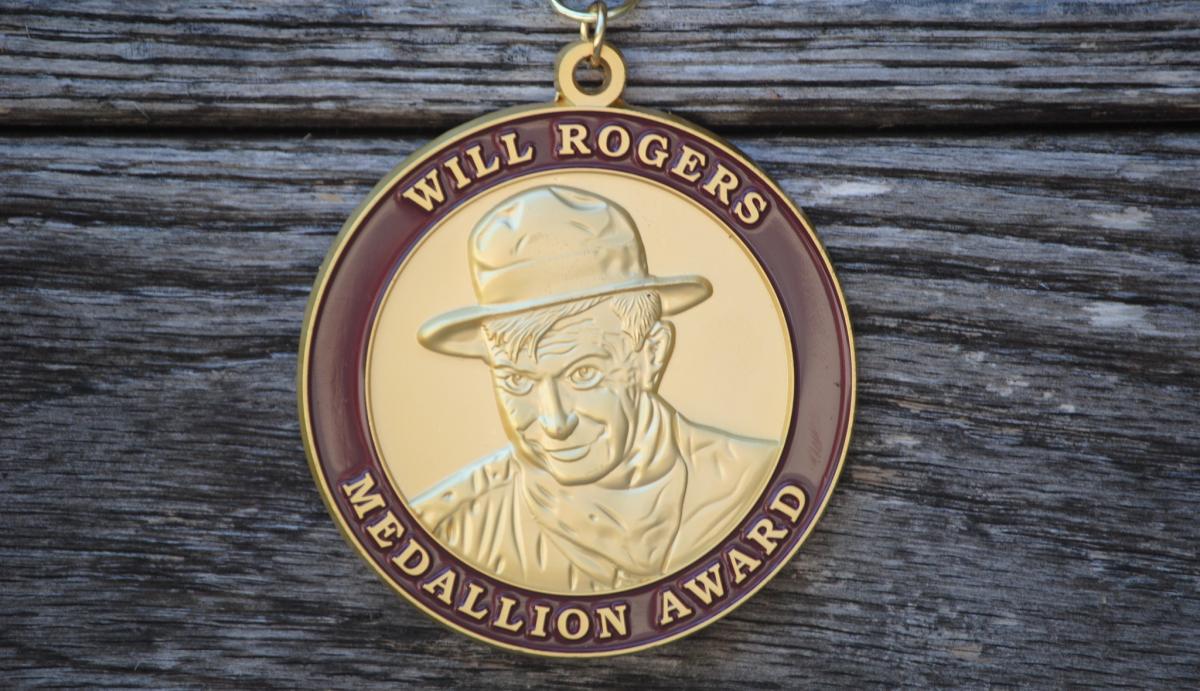
There's a particular kind of storytelling that defines the American West—honest, unflinching, often humorous, and always rooted in the land and the people who shaped it. It's the kind of writing that doesn't need to shout to be heard, that trusts readers to understand nuance, and that honors the complexity of Western life without reducing it to myth or caricature.
For more than two decades, the Will Rogers Medallion Award has championed exactly this kind of work.
Named for Oklahoma's favorite son—humorist, social commentator, and one of America's most beloved voices—the WRMA recognizes excellence in Western literature and media. Originally created to honor cowboy poetry that exemplified the Will Rogers heritage, the award has expanded significantly since the Will Rogers Medallion Award organization began administering it in 2008. Today it celebrates over twenty categories of creative work, from traditional westerns and mysteries to young readers' books, film, and photography.
What sets the Will Rogers Medallion apart isn't just its scope, but its values. Works must represent an accurate reflection of Western Americana—whether historical or contemporary—and maintain consistency with the wit, wisdom, and authenticity that defined Will Rogers himself. Historical accuracy matters. Quality of craft matters. And the work must capture something essential about the American West and its people.
This year's ceremony, taking place October 31 and November 1 in Claremore and Tulsa, Oklahoma, brings together an impressive roster of Western voices. Craig Johnson, author of the beloved Longmire series, will be on hand, along with INSP Network executives and this year's Golden Lariat winner. The weekend includes author signings at venues throughout the region, a panel discussion on independent publishing in the age of AI, and screenings of award-winning films—culminating in the awards banquet at Tulsa's Hard Rock Hotel.
The public events are free and open to anyone who cares about Western storytelling—a detail that speaks to the award's mission. This isn't about creating an exclusive club. It's about building and sustaining a community of writers, readers, and creators who believe the stories of the American West deserve to be told with care and craftsmanship.

Chris Enss, Executive Director of the WRMA and an award-winning author in her own right, has been instrumental in expanding the award's reach while maintaining its integrity. Based in Grass Valley, California, Enss has won multiple Will Rogers Medallions herself and understands what makes Western writing resonate—the balance between entertainment and authenticity, between honoring tradition and speaking to contemporary audiences.
Montana readers will be particularly interested to know that Enss has a piece in Distinctly Montana's upcoming Winter edition, and that past WRMA Lifetime Achievement Award winner Larry J. Martin calls Missoula home. Montana has never suffered Western clichés gladly, and neither does the Will Rogers Medallion Award. Both understand that authentic storytelling requires more than scenery. And heck: we'd be lying if we said we weren't eyeing a medallion of our own someday.
The categories themselves reflect the diversity of Western storytelling: traditional and modern fiction, mystery, romance, humor, short nonfiction, biography and memoir, young readers' works, poetry, film, and photography. Authors from across the United States and beyond submit work each year, competing not just for recognition but for the validation that comes from being measured against the standards of authenticity and craft that Will Rogers himself embodied.
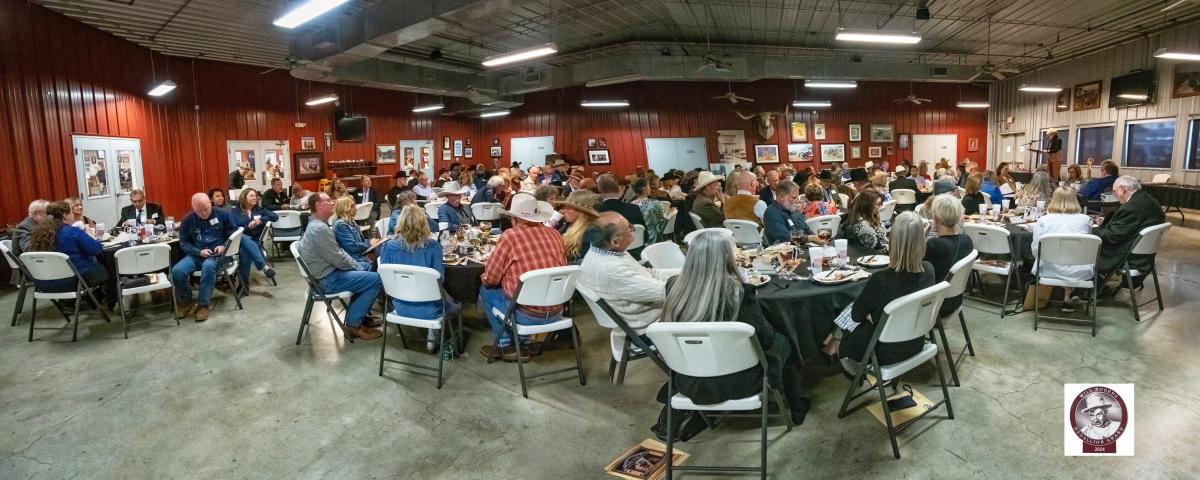
In an era of algorithm-driven content and viral moments, the Will Rogers Medallion Award stands as a reminder that some things resist easy quantification. Good storytelling takes time. Authentic voices can't be manufactured. And the stories that matter most—the ones that help us understand who we are and where we come from—require both skill and soul.
For writers working in the Western genre, the WRMA represents more than an award. It's an affirmation that this work matters, that regional stories have universal resonance, and that there's still an audience for narratives that honor complexity, embrace nuance, and refuse to simplify the West into something it never was.
Whether you're in Oklahoma for the ceremony or following along from Montana, the Will Rogers Medallion Award weekend celebrates something worth preserving: the tradition of Western storytelling done right. Not the sanitized version or the sensationalized one, but the authentic voices that capture what Will Rogers knew instinctively—that humor, honesty, and humanity are the foundation of stories that endure.
For more information about the weekend's events and the full program schedule, visit willrogersmedallionaward.net.
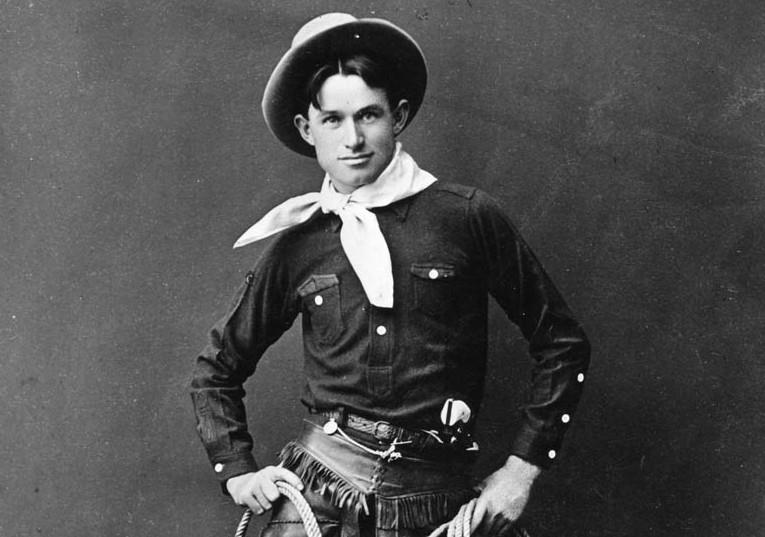
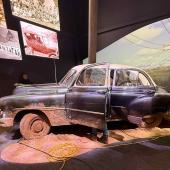
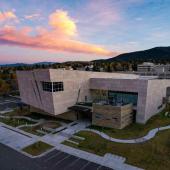

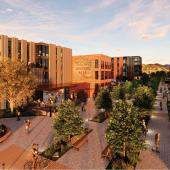

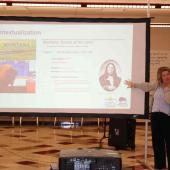
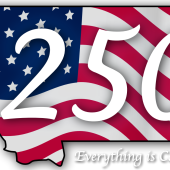


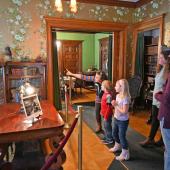

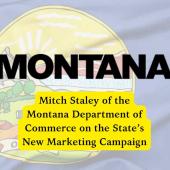


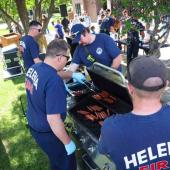
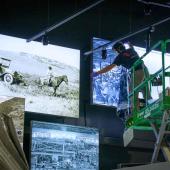
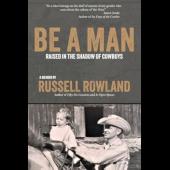
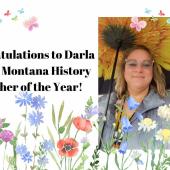
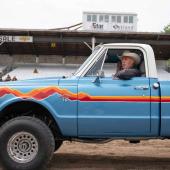

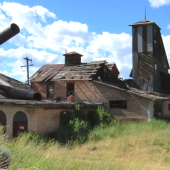

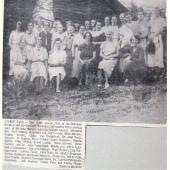



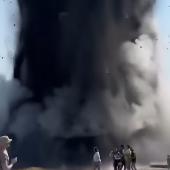



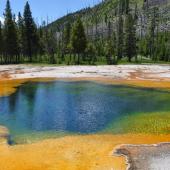
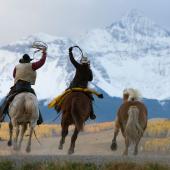

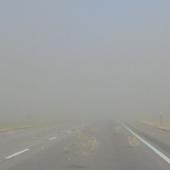



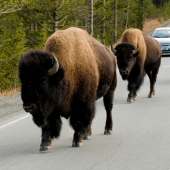
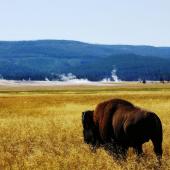
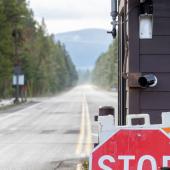


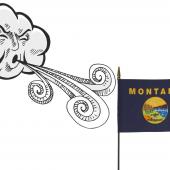
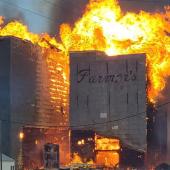
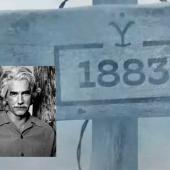
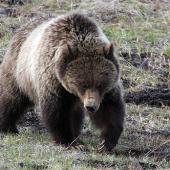

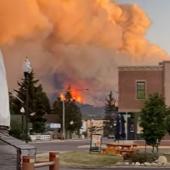
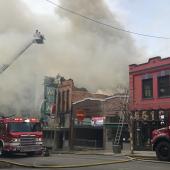

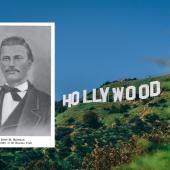

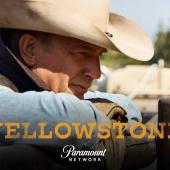



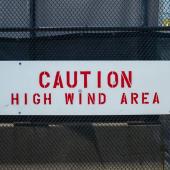

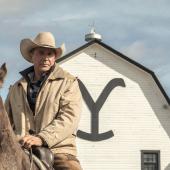








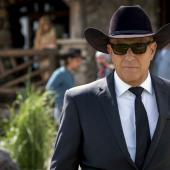
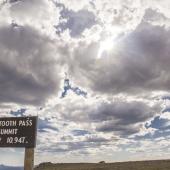



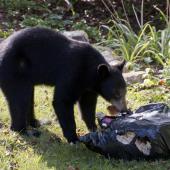
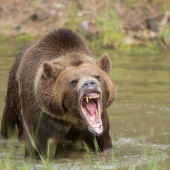



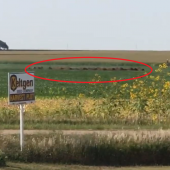


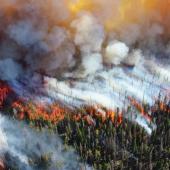
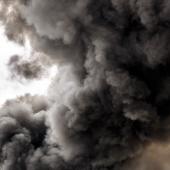
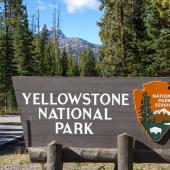
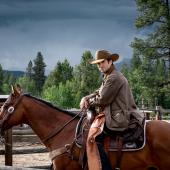

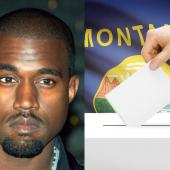

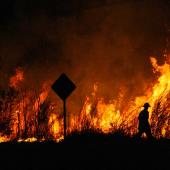
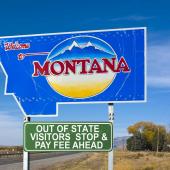
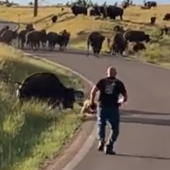
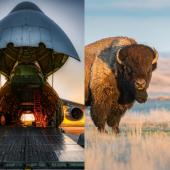
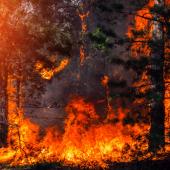
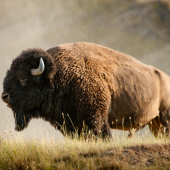

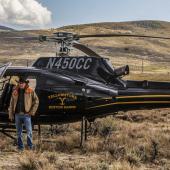
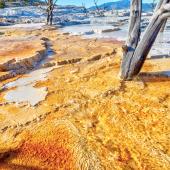

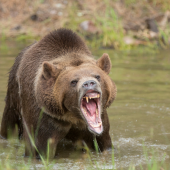

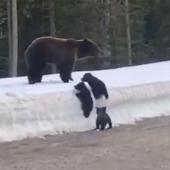
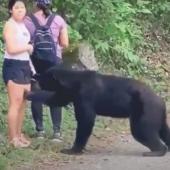

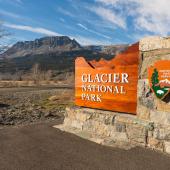
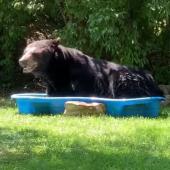

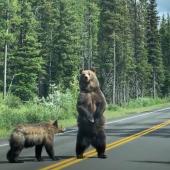

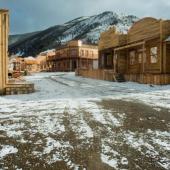

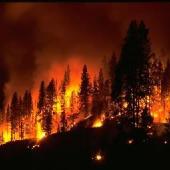

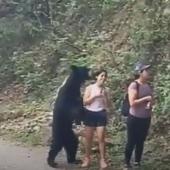
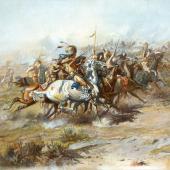



Leave a Comment Here